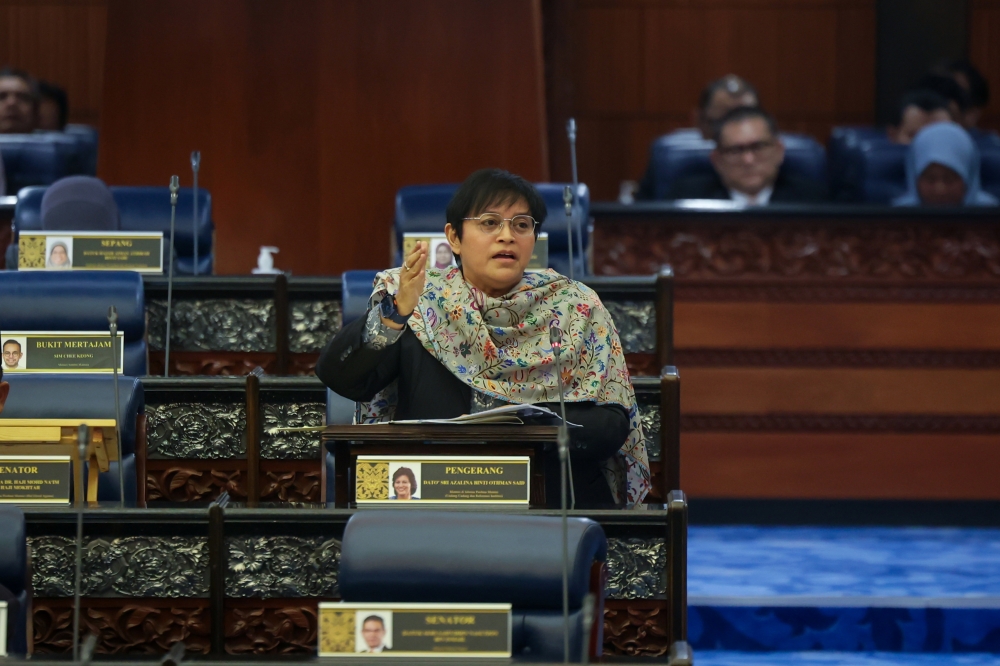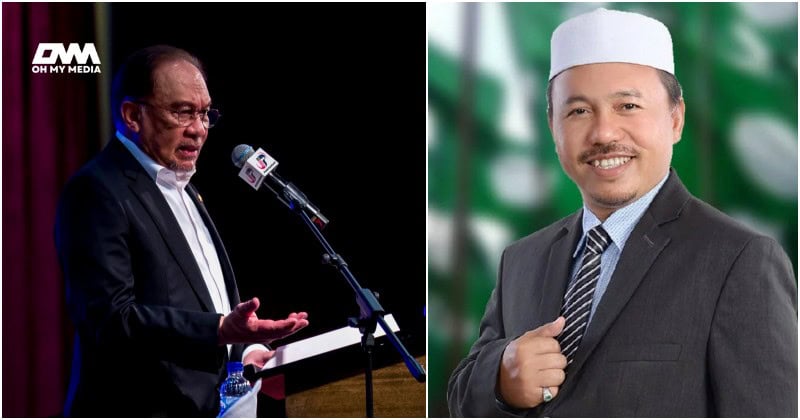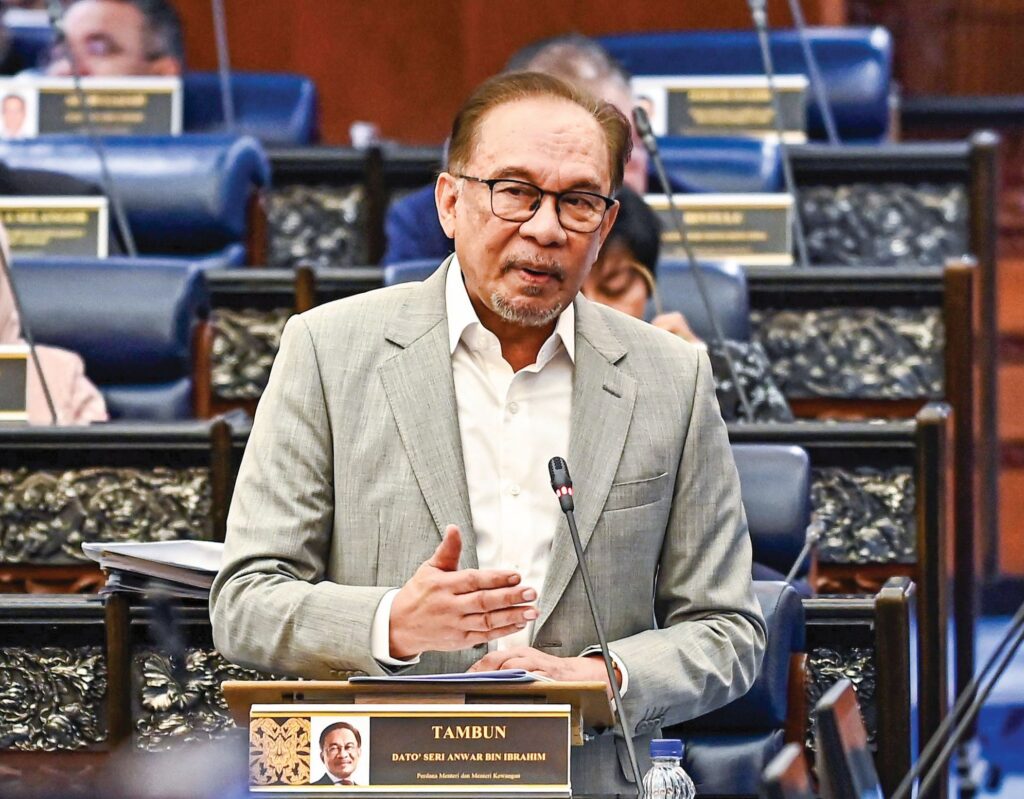KUALA LUMPUR, July 21 — Whistleblowers seeking protection under the Whistleblower Protection Act 2010 (Act 711) cannot make direct disclosures to the media; instead, they must first refer to legitimate enforcement agencies.
According to Minister in the Prime Minister’s Department (Law and Institutional Reform) Datuk Seri Azalina Othman Said, the move was important to ensure the information provided is authentic and to avoid the risk of disclosing state secrets.
“Many people ask why whistleblowers who go to the media can also be seen as among those being accused, but in reality, the procedure does not allow you to go directly to the media.
“Whistleblowers must go to the responsible agency because the agency wants to assess the validity of the information… we want to determine that the state secrets are not at the level mentioned by the whistleblowers, especially on national security issues,” she said during a question-and-answer session in the Dewan Rakyat today.
She was answering a supplementary question from Datuk Seri Dr Wee Ka Siong (BN-Ayer Hitam) regarding the government’s decision to amend the definition of eligible whistleblowers in Act 711 so as not to exclude whistleblowers from protection under the Act.
Azalina emphasised that fair legal procedures (due process) must be respected and the media should not be used as a place to pass premature judgement on any party.
“If a person, for example, goes to the media, there will be a premise of trial by media, meaning the media has already made a decision, the public has already made a decision about the offence, and this is also unfair to the legal process system in our country,” she said.
Responding to Wee’s original question about the current status of the Act’s amendment, she said the government is currently in the first phase of the amendment, which involves the establishment of a Whistleblower Protection Committee responsible for overseeing, collecting statistics, and data related to disclosures and complaints made under Act 711.
She said the amendments to be made for the second reading tomorrow will also involve proposals to improve Section 6 to ensure protection remains valid even if the disclosure touches on confidentiality aspects under other laws.
Addressing concerns about the safety of whistleblowers in high-profile cases, Azalina said that in terms of information confidentiality, Section 8 of Act 711 will continue to apply automatically to all individuals recognised as whistleblowers.
The identity and information related to the whistleblower are protected and cannot be disclosed without permission. The government also established an independent system like an ombudsman… because sometimes the problem with whistleblowers is when they provide information against law enforcement agencies.
“That is why when we look at the second phase, we really need an independent system called an ombudsman so that the guarantee is established and maintained,” she said.
Azalina said that in certain cases, whistleblowers who are also involved in misconduct can still be given protection under the Witness Protection Programme, based on the assessment of law enforcement agencies.
Responding to a supplementary question from Datuk Seri Takiyuddin Hassan (PN-Kota Bharu) regarding the whistleblower case in the Sabah mining scandal, Azalina said she would answer in general, as the case is ongoing and she could not comment in detail as it can be seen as sub judice.
However, she added that all whistleblowers must go through legal channels to be protected by law and hoped that the amendments to be presented would further strengthen the existing protection system. — Bernama







